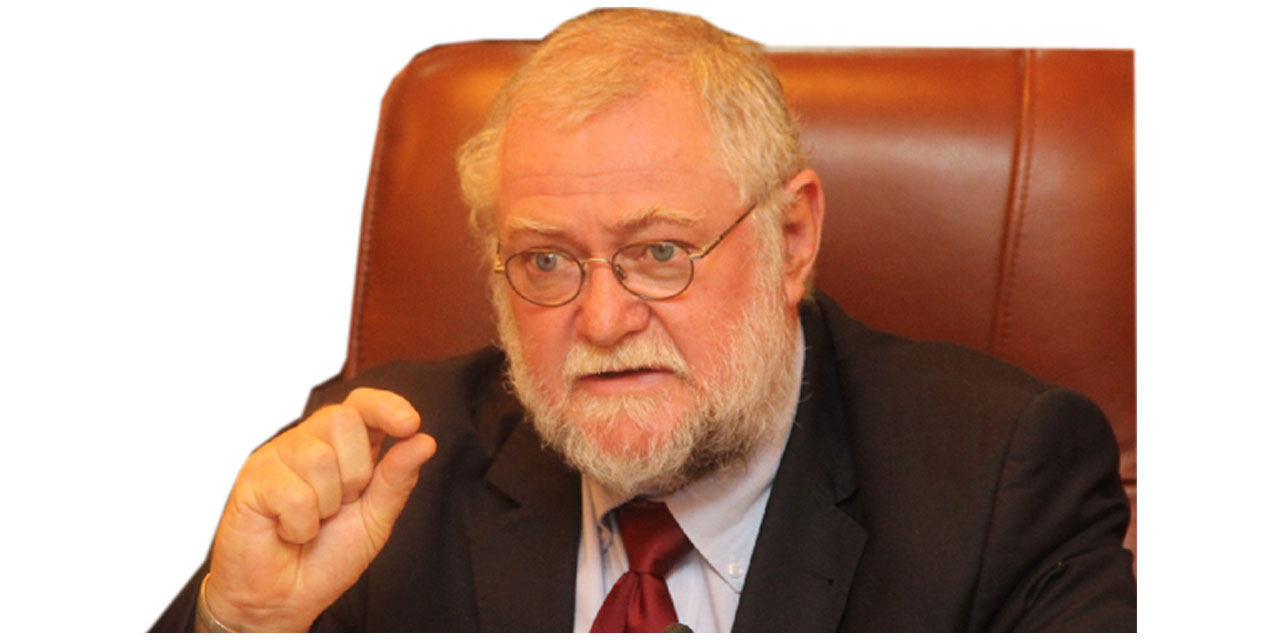Justicia Shipena
Former finance minister Calle Schlettwein has called on the Government Institutions Pension Fund (GIPF) to explain the money lost in its investment in the South African-based Signal Structured Finance Fund (SSFF).
Last week, it came to light that a tax claim by the South African Revenue Service (SARS) led to a major impairment in one of its offshore investment vehicles.
The fund said the claim created “significant uncertainty” over its ability to recover the full value of its assets.
The claim resulted in an impairment of N$815 million in its 2025 financial statements.
GIPF chief executive officer Martin Inkumbi said the amount forms part of a total impairment provision of N$922.2 million across the fund’s investment portfolio for the year ending 31 March 2025.
“Tell us where the money is,” Schlettwein said, on Wednesday while reacting to reports of the N$815 million impairment loss.
GIPF said the loss remains below its materiality threshold and does not threaten the fund’s financial stability.
However, Schlettwein said GIPF’s assurance that it remains financially sound is not enough.
“The impaired loss by the GIPF is horrendous. Whether impaired or direct, it remains a loss,” he said.
He said pensioners deserve transparency on what led to the loss and who should be held accountable.
“To try and pacify the public by saying the GIPF is not in danger is not good enough by a long shot. We need to know who within the GIPF is responsible for the loss,” he said.
Schlettwein said whatever happened in South Africa is irrelevant because GIPF, as a custodian of pensioners’ money, remains accountable.
In August 2019, when Schlettwein was still finance minister, he expressed concern after N$600 million from the state pension fund went missing.
This was after prosecutor general Martha Imalwa had revealed that the money was lost through loans issued under the fund’s Development Capital Portfolio (DCP).
Between 1994 and 2004, the GIPF granted loans worth over N$600 million under the DCP, expecting returns of N$950 million, but managed to recover only N$380 million.
The portfolio, which operated from 1996 to 2006, issued loans to several local companies, some with little or no business track record.
Investigations were conducted into 20 companies, but the prosecutor general’s office said the money could not be recovered.
Two months later, Schlettwein told parliament that measures had been put in place to ensure similar losses would not happen again.
Despite those assurances, GIPF now finds itself facing another major financial loss.




